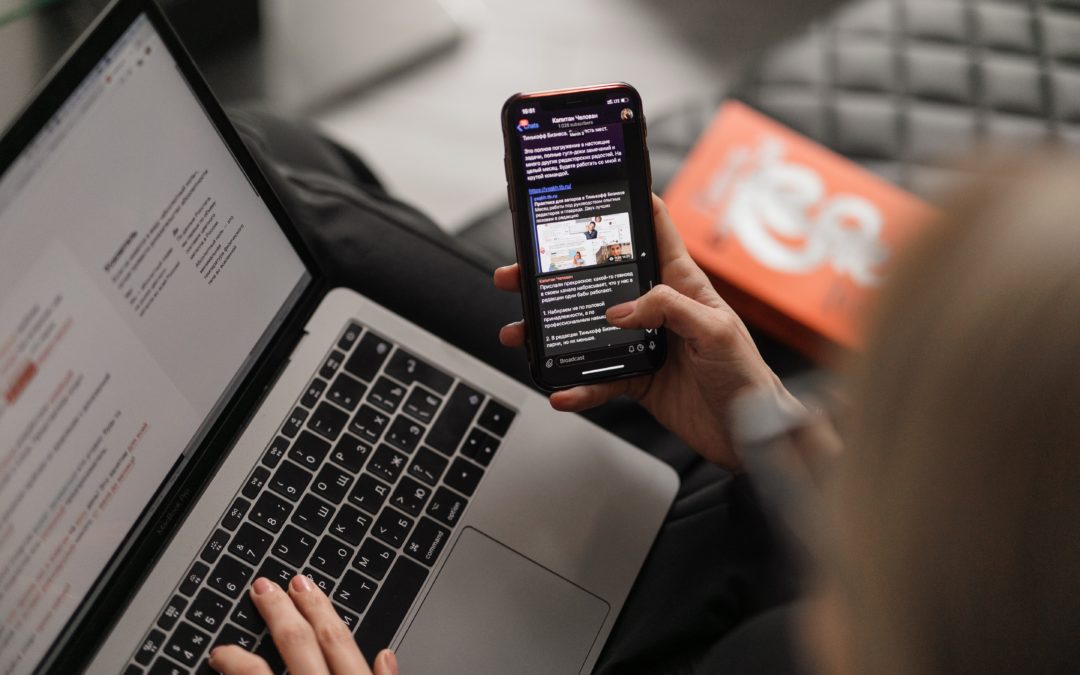HIPAA compliance is essential for healthcare facilities. Staying compliant protects not only your providers and facility but your patients as well. This is why it’s important to understand exactly when lines have been crossed and you are no longer following HIPAA guidelines, along with the repercussions your facility could face. Here are 5 of the most common examples of HIPAA compliance violations and the fines that may be associated with these incidents.
Example 1: Mishandling Patient Information
One of the categories of HIPAA compliance violations that sums up a majority of the individual issues facilities face is mishandling patient information.
This could be anything from not properly disposing of old medical records to accidentally sharing someone’s information with the wrong patient. Most of these violations are the result of inattention or carelessness. However, in some extreme cases, you may find that staff or providers knowingly mishandle patient information.
The best way to prevent this HIPAA compliance violation is by keeping your staff well-trained and taking extra precautions whenever patient data is involved. Double-checking information before it is shared, sent, or disclosed to another individual is necessary. In addition, getting proper authorization to share protected health information only with patient-specified third parties is key.
Example 2: Not Taking Technology Precautions
Another big issue many facilities may face is not using the proper technology features to protect patient data. One area where this is essential is chatting or messaging patients about their care. For example, this article discusses how a HIPAA-compliant chat is necessary for speaking with patients.
Luckily, Notivate Health has a HIPAA-compliant chat feature that allows you to securely speak with your patients. Their data is end-to-end encrypted to ensure that no one else can access their private information.
Example 3: Lack of Proper Training
Simply not training your staff on the ins and outs of HIPAA is enough for a violation. Under HIPAA regulations, covered entities and business associates are obligated to offer HIPAA training to their workforce members who come into contact with protected health information (PHI). This implies that even modest medical practices must provide HIPAA training to their personnel. It is crucial for doctors to receive adequate training as well.The best thing you can do for your facility in order to assure HIPAA compliance is to ensure that your staff is adequately trained.
Keep your providers and staff up-to-date on any new HIPAA regulations. Review the HIPAA standards frequently. Complete audits of your own facility to ensure that everything and everyone is still HIPAA-compliant. This is the best and easiest way to prevent any issues in the future.
Example 4: Discussing Patient Information With Others
Sharing information with individuals not authorized by the patient to receive it, or with healthcare providers who are not involved in the patient’s care, is considered a HIPAA violation. To avoid this breach, it is essential to restrict discussions about the patient’s care to authorized representatives, the patient, and those who require the information to provide treatment. Maintaining this privacy is straightforward: ensure that conversations about patient care are only held between you, the patient, and their authorized representatives.
Example 5: Not Protecting Devices With Patient Information
It is essential to safeguard any device that grants access to patient information and health records, such as phones, tablets, and computers. Even accessing work-related emails on your phone may put PHI at risk. If a device holds protected health information, you MUST provide encryption. If the device is compromised and you are unable to provide evidence of encryption, it is necessary to adhere to the regulations of the HIPAA Breach Notification Rule and you could face significant fines.
In addition, protecting electronic devices, such as phones and laptops, from being stolen within a hospital is essential to prevent a potential breach of patient data. Theft of these devices containing PHI can lead to a significant violation of patient privacy and result in severe consequences, including hefty fines and loss of reputation for the hospital or healthcare organization. Thus, taking adequate security measures, such as implementing access controls, encryption, and physical security, is crucial to prevent theft and ensure the confidentiality, integrity, and availability of PHI.
HIPAA Compliance Violation Fines
By violating HIPAA, whether through one of the examples above or in another way, your facility may face hefty fines as a consequence.
For example, the American Medical Association shares the different ranges of fines that you may face depending on the type of violation. It could be anything from $100 for a mistake that was made unknowingly to over $60,000 for a violation that was made knowingly and not corrected in a specific amount of time.
However, regardless of the cost of the fine, your job as ahealthcare provider is to ensure that your patients’ information is secure. This ensures that they can trust you with whatever medical problems they may be facing now and in the future.
Notivate Health has developed its platform while considering HIPAA compliance. We created our chat features, customizations, and telehealth appointment software with a focus on ensuring the security of your patients. If you require further details on how Notivate Health can assist you with HIPAA-compliant text, chat, and email services, contact us today.

Recent Comments